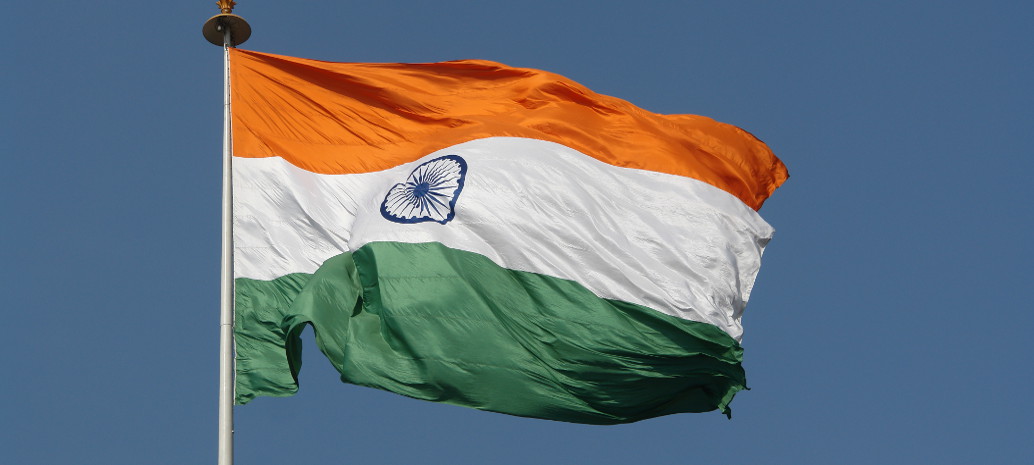Last week’s reverse auction in the Indian state of Madhya Pradesh for the Rewa Solar Park produced the lowest solar tariffs yet seen in India, and some of the world’s cheapest prices.
At INR 3.30/kWh ($0.0494/kWh), the tariffs sunk lower than India’s previous cheapest solar prices, which sunk to INR 4.34/kWh ($0.065/kWh) in Rajasthan a year ago. The INR 3.30/kWh figure is a levelized tariff, with the winning bid lodged by ACME Solar actually coming in at INR 2.97/kWh ($0.0444/kWh), but that price is subject to an escalation of INR 0.05 over the next 15 years.
Even so, the general trend of tumbling solar costs was not only maintained by the Rewa Solar Park auction, but accelerated, dipping below INR 4/kWh for the first time ever. Mercom Capital Group CEO and founder Raj Prabhu carefully analyzed the auction process and has cautioned against this price being seen as a “new normal” for Indian solar.
“Although this is the lowest tariff ever recorded in India, this auction has several special attributes which makes it hard to directly compare with previous low bids,” said Prabhu. “The size and location of the projects, payment guarantees, deemed generation benefit, longer construction timeline, the recent solar module crash and yearly tariff escalation for 15 years – all make the low bids unique.”
Prabhu stressed that the concern now is that the media, government officials and those that regularly analyze the Indian solar market will collude – however inadvertently – to exert pressure on developers to match and beat the Rewa Solar Park bids. This could lead to corner cutting measures, and could have a negative impact on the Indian solar market.
Nevertheless, the fact that such a low price has proven feasible in India should be applauded. “This auction demonstrates that if you remove some of the developer risks by offering payment guarantees and deemed generation benefits in a park with a solid infrastructure, tariffs have room to come down,” said Prabhu.
Popular content
That being said, the chief catalyst for these record-low tariffs, the Mercom CEO added, is the simple fact that Chinese module prices have declined some 30% over the past 12 months. “Without [these declines]… any bids to build projects below INR 4.0/kWh would have been almost impossible,” Prabhu concluded.
Officials at Madhya Pradesh Urja Vikas Nigam (MPUVNL) – which is jointly developing the Rewa Solar Park with Solar Energy Corporation of India (SECI) – remarked that the low tariff is unsurprising, and that such record prices are viable for Indian developers.
“If you factor that all of these projects are in the same location, developers have eliminated a lot of extra work compared to, for example, a situation where the same capacity is divided into 15 projects that would have included expenses like temporary transmission and infrastructure costs related to each project,” the MPUVNL official said. “That is not the case here.”
Mercom Capital Group data shows that the nine cheapest solar tariffs globally have all occurred in the past 12 months, with the bulk of the lowest prices coming since September last year – a couple of months after the FIT cut in China that prompted Chinese module producers to slash their prices. The lowest price on record remains the $0.0242/kWh tariff set in the UAE in September 2016, followed by Mexico’s $0.0270/kWh set a month later.
This content is protected by copyright and may not be reused. If you want to cooperate with us and would like to reuse some of our content, please contact: editors@pv-magazine.com.


There is a curious pattern of analysts of Indian solar prices being unable to take good news at face value, and adding all sorts of pointless cautions. In fact Indian prices are not particularly low by world standards. The latest Indian auctions are a whole cent per kWh higher than Mexico and the Gulf. What they are is bad news for domestic producers, who must be finding it hard to compete with Chinese imports, even with a ring-fenced public – sector market.